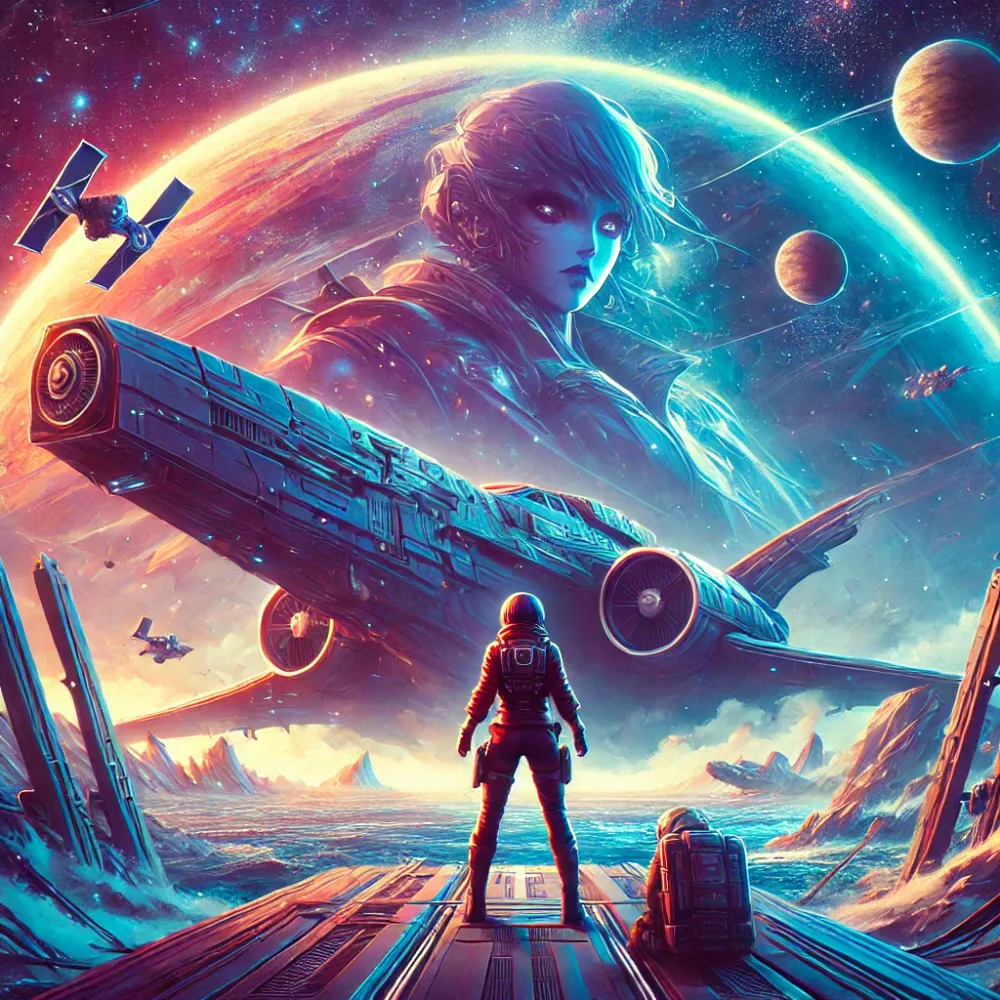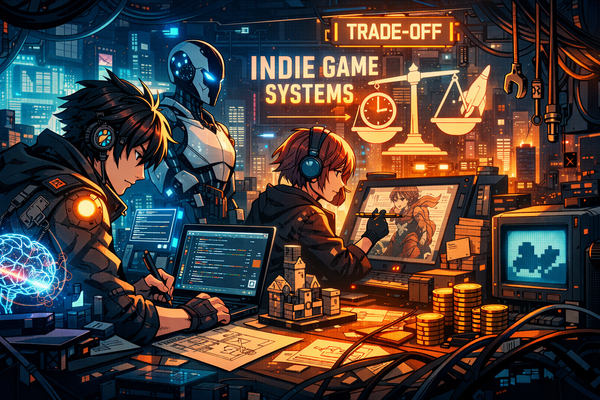The resurgence of Space Opera in modern gaming
The space opera genre, known for its grand narratives set in vast interstellar settings, has seen a remarkable resurgence in modern gaming. This revival is driven by technological advancements and a growing demand for expansive, story-driven experiences.
Defining Space Opera in Gaming
Space opera games are characterized by epic storytelling, complex characters, and expansive universes. These games often blend interstellar travel, political intrigue, and large-scale conflicts, immersing players in richly detailed environments that encourage exploration and emotional connection.
Historical Context: The Foundations of Space Opera in Gaming
The genre's foundations in gaming can be traced back to titles like Star Control (1990), which combined space exploration, strategic combat, and a compelling narrative. Similarly, Wing Commander (1990) introduced cinematic storytelling with character-driven plots, setting a standard for future games in the genre. These classics highlighted the potential for immersive narratives within a science fiction framework.
Technological advancements fueling the resurgence
Recent technological breakthroughs have revitalized the space opera genre in gaming:
- Enhanced graphics and processing power: Modern hardware enables the creation of visually stunning galaxies and planets, bringing immersive universes to life.
- Procedural generation: Games like No Man's Sky have used procedural generation to create vast, unpredictable universes that encourage exploration.
- Advanced narrative techniques: With branching narratives and character interactions, developers can offer deeper player-driven stories.
Notable modern Space Opera titles
Several contemporary titles exemplify the resurgence of space opera in gaming:
- Mass Effect series (2007–2021): BioWare’s magnum opus combines deep storytelling, intricate relationships, and player-driven choices, cementing its legacy as a hallmark of the genre.
- No Man's Sky (2016): Despite its rocky launch, this game now provides a procedurally generated universe with endless exploration and discovery.
Explore No Man’s Sky updates. - Starfield (2023): Bethesda’s ambitious RPG offers a massive open-world space setting with a focus on exploration and narrative complexity.
- Elite Dangerous (2014): This game revived the classic Elite franchise, offering a detailed simulation of space exploration and trade.
Check out Elite Dangerous.
Cultural and market factors driving the resurgence
- Nostalgia: A renewed interest in classic science fiction themes resonates with older gamers while attracting new audiences.
- Immersive worlds: Players increasingly seek expansive games where they can influence the story and the universe.
Challenges and considerations
While the genre is thriving, developers face certain challenges:
- Resource demands: Creating detailed universes requires significant time, talent, and funding.
- Narrative cohesion: Balancing vast, player-driven universes with coherent storytelling is a complex task.
- Balancing scope: Ensuring that vast universes remain engaging and not overwhelming requires careful design.
Future prospects
The space opera genre's future holds exciting possibilities:
- VR Integration: Virtual reality can enhance the scale and immersion of interstellar settings.
- Community-Driven content: Games may increasingly feature user-generated content, expanding universes in innovative ways.
For a visual exploration of space opera games, you might find this video insightful:




